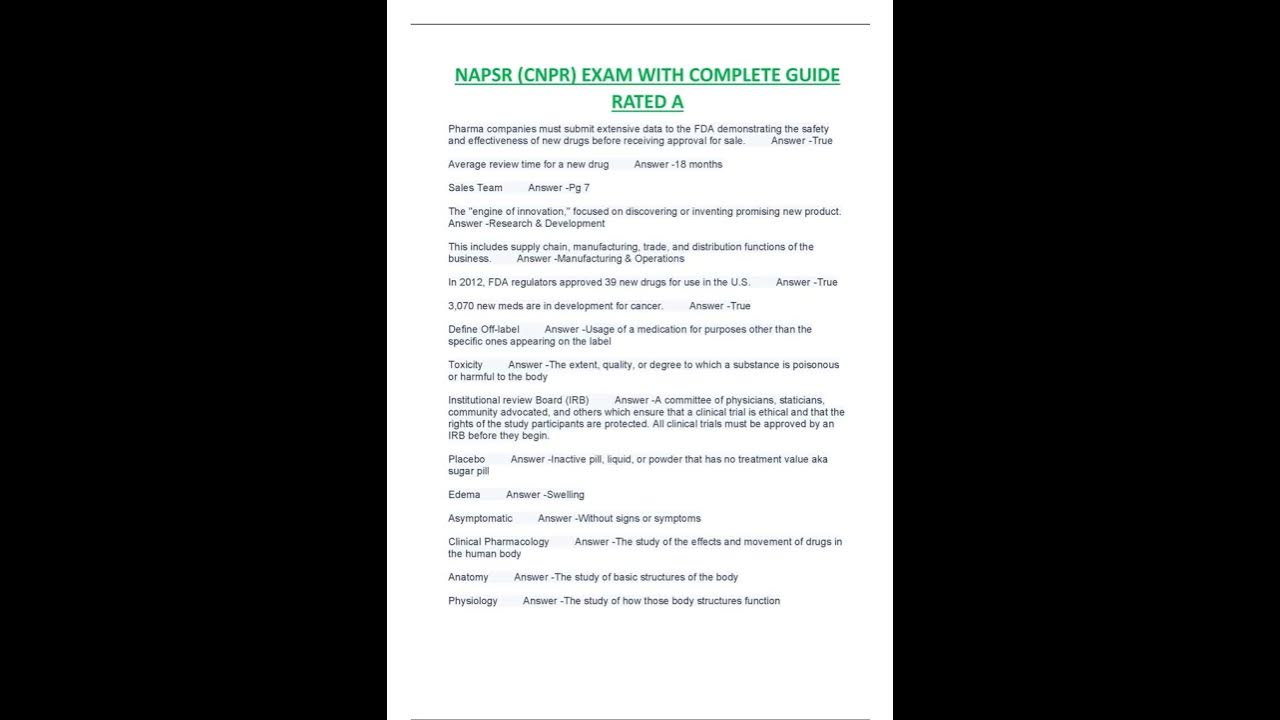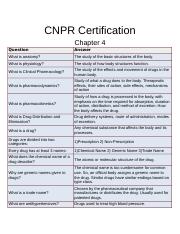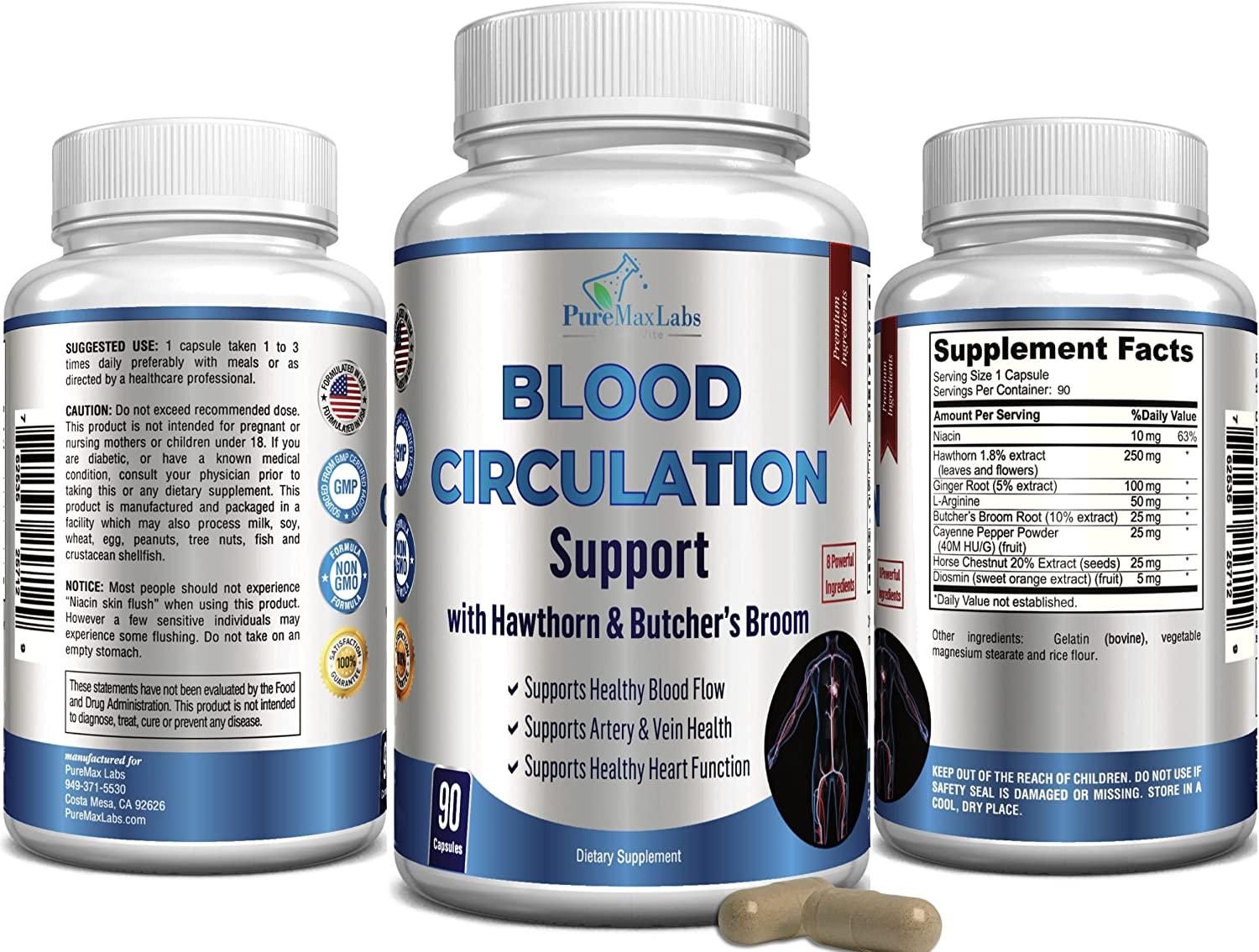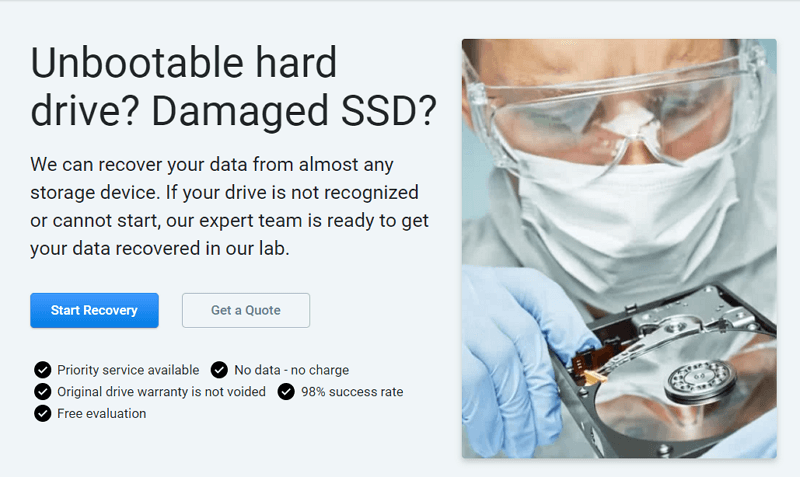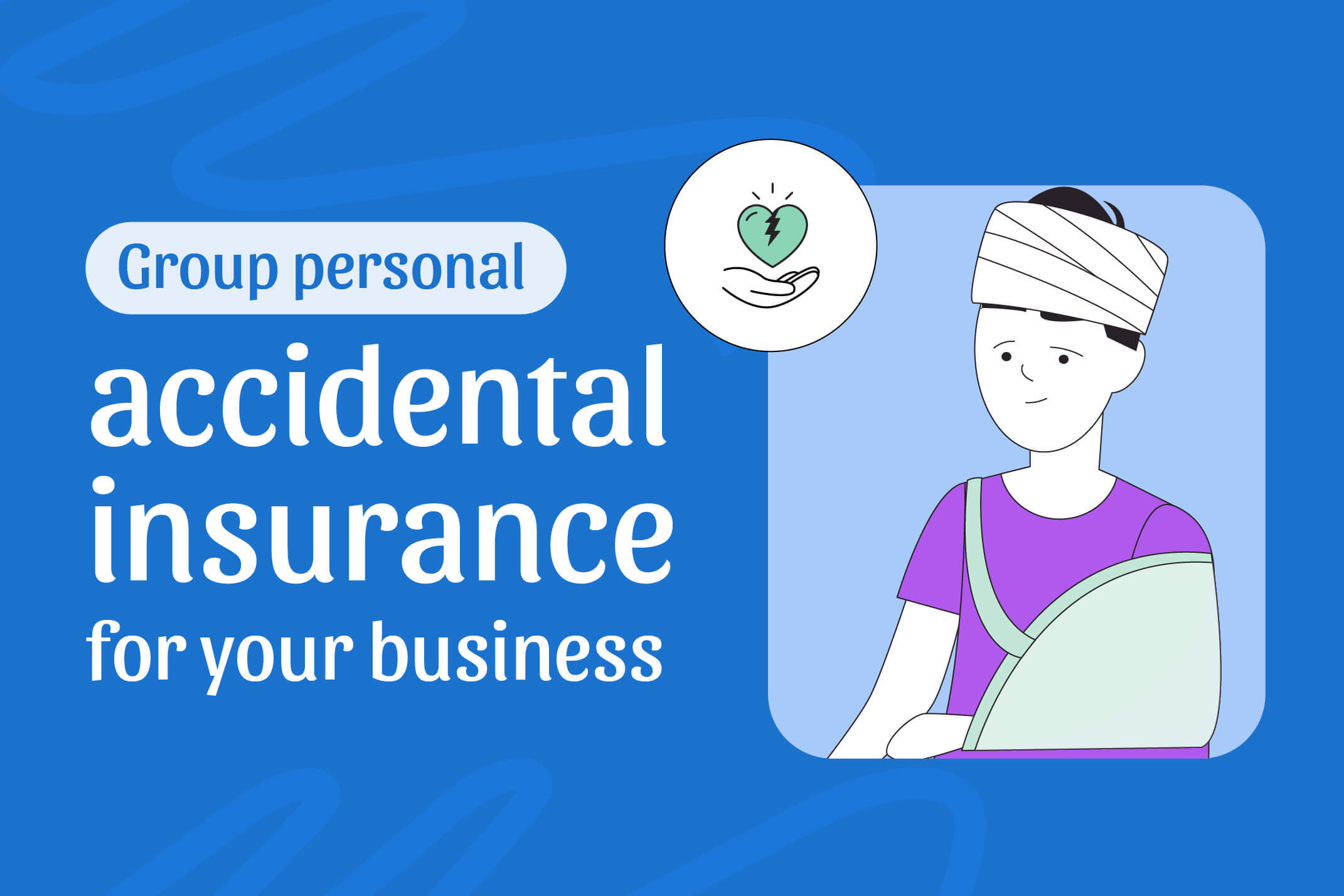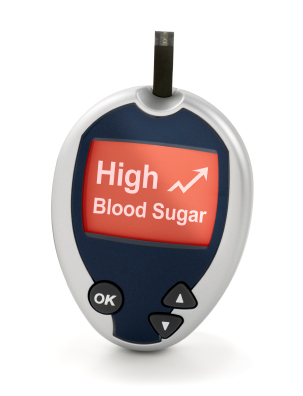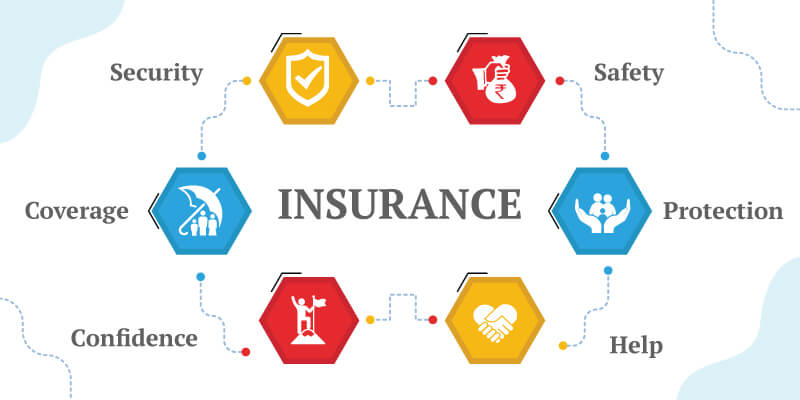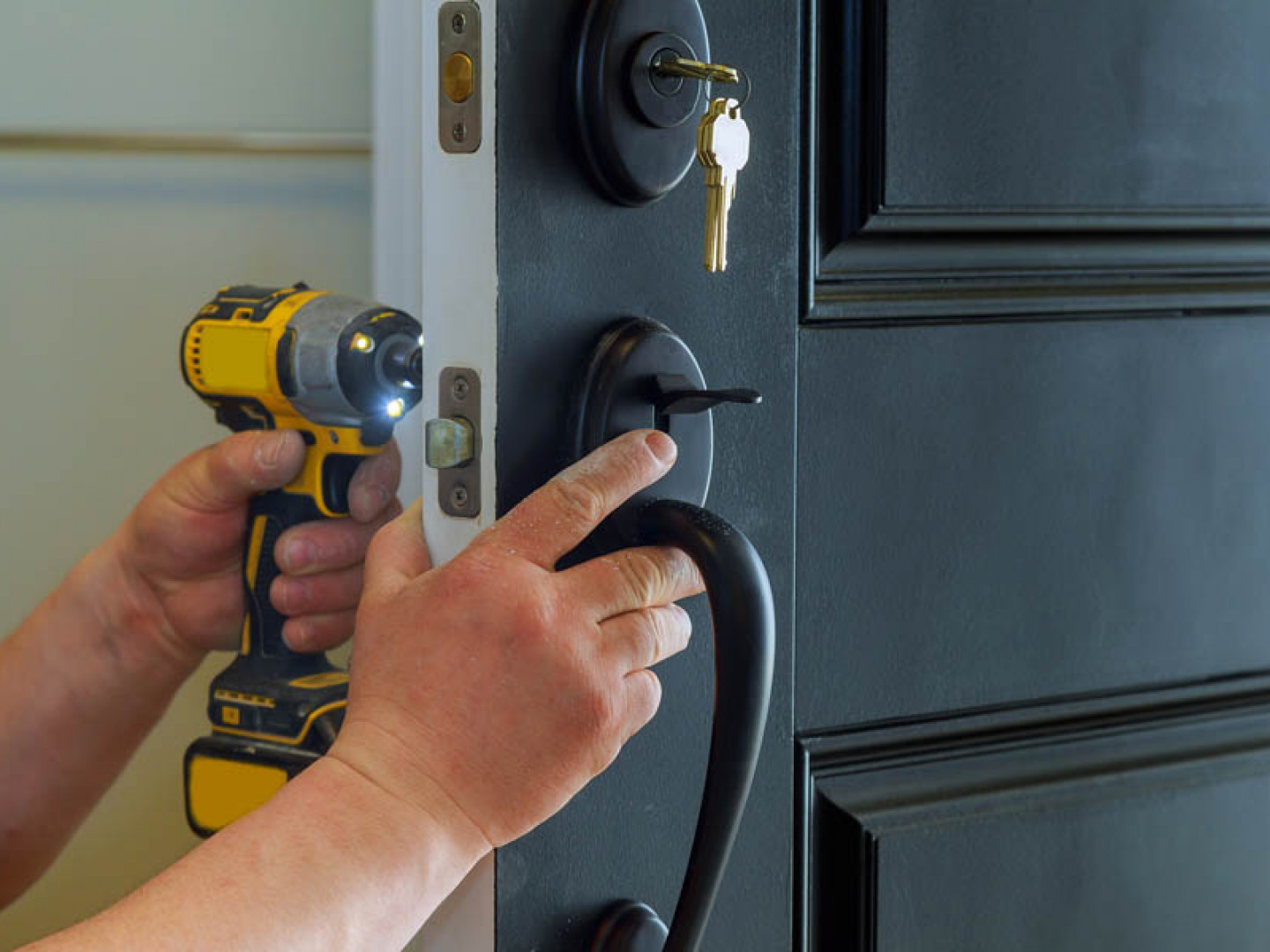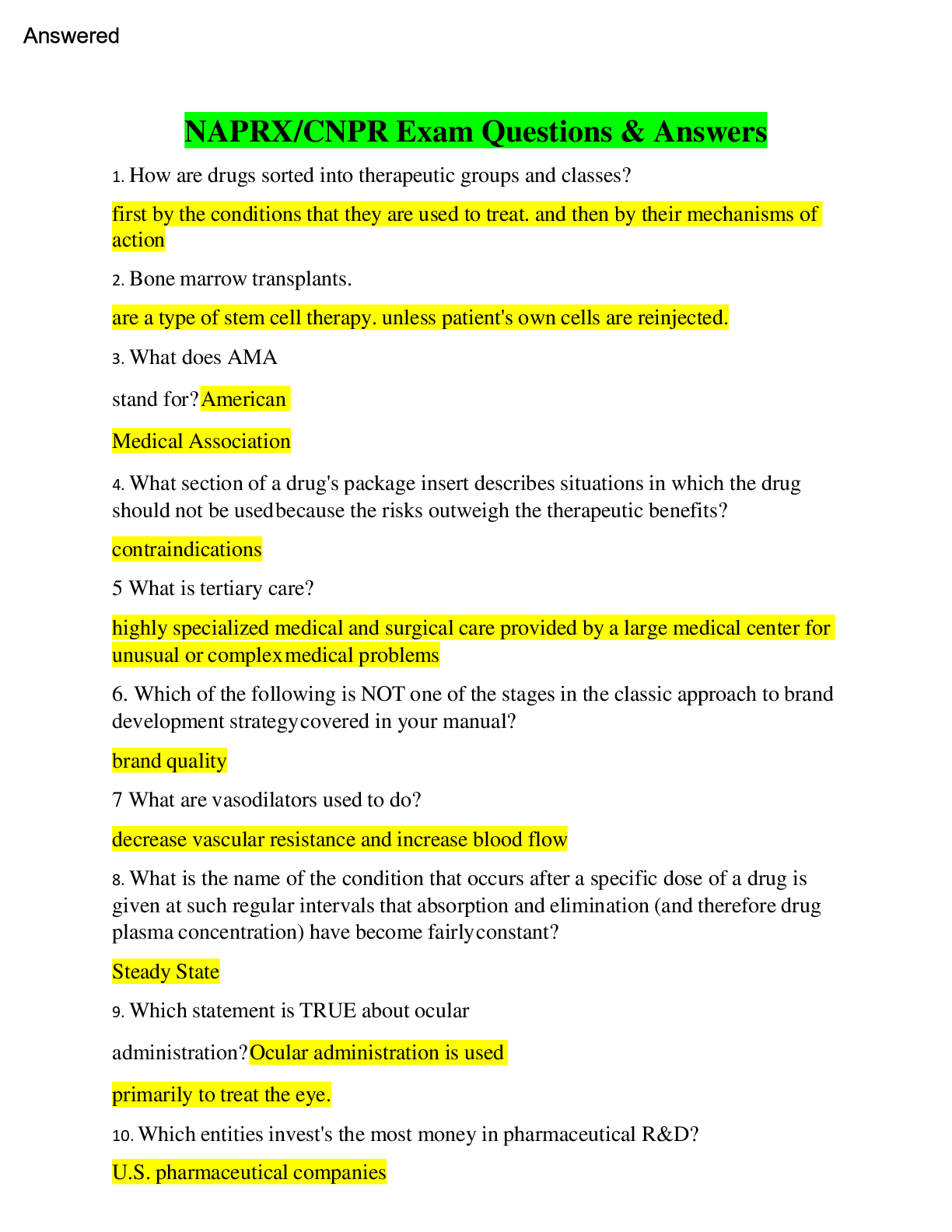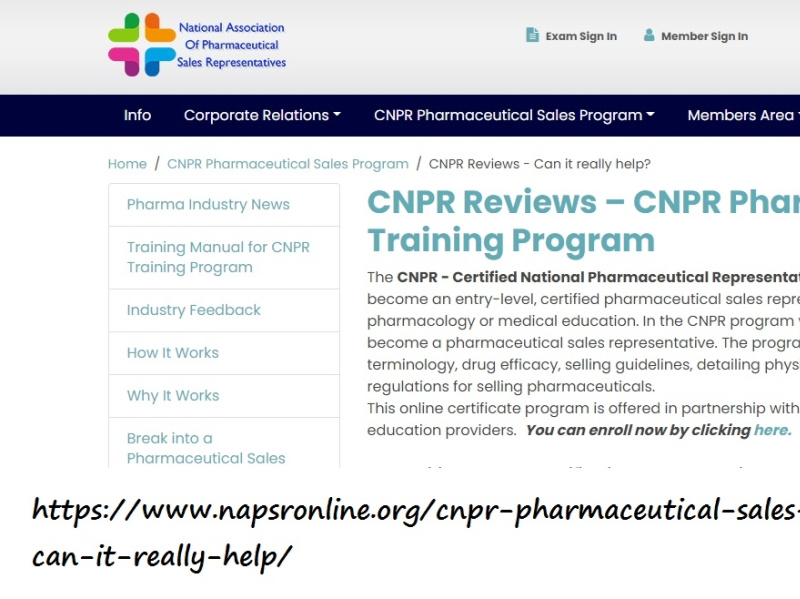When it comes to navigating the unexpected challenges of the road, having access to reliable towing services can make all the difference. Whether you’re dealing with a flat tire, an engine failure, or a vehicle that simply won’t start, knowing how to effectively utilize towing services can turn a stressful situation into a manageable one. However, not all towing services are created equal, and understanding the distinctions between heavy duty and light duty towing is crucial for finding the right help when you need it most.
In this guide, we will explore the essentials of towing services, focusing on what factors to consider when choosing between heavy duty and light duty tow trucks. From the types of vehicles they can service to the specific needs that arise during towing operations, our goal is to help you make informed decisions that ensure your vehicle is in the best hands. Whether you’re a daily commuter or a commercial operator with large vehicles, mastering the nuances of towing services will empower you to tackle any roadside obstacle with confidence.
Understanding Towing Service Types
Towing services are essential for both everyday motorists and commercial fleets, providing crucial support when vehicles are stranded or inoperable. Understanding the different types of towing services available is key to selecting the right option for your needs. The primary distinction lies between light duty and heavy duty towing, each catering to specific vehicles and scenarios. Light duty towing typically serves smaller vehicles, such as cars and motorcycles, while heavy duty towing is designed for larger vehicles, including trucks, buses, and construction equipment.
When it comes to light duty towing services, they are ideal for small and medium vehicles that require quick and efficient assistance. This type of service is characterized by the use of specialized trucks capable of safely transporting cars without causing damage. Light duty towing services are often utilized for roadside assistance, accidents, and minor repairs, making them an essential part of the service offerings available to everyday drivers.
On the other hand, heavy duty towing is crucial for larger vehicles that encounter significant issues on the road. Key considerations for heavy duty towing include the weight and size of the vehicle, the type of equipment needed, and the experience of the towing professionals. This service is indispensable for commercial vehicles, ensuring that downtime is minimized and that the larger vehicles can be moved safely to repair locations or service centers. Whether it’s for a breakdown on the highway or a collision, understanding the right type of towing service is vital for efficient and effective vehicle recovery.
Choosing the Right Tow Truck
Selecting the appropriate tow truck is crucial for ensuring that your vehicle is handled properly during towing. When considering your options, it’s essential to determine whether you need a light duty or heavy duty tow truck. Light duty trucks are typically suitable for smaller and medium vehicles, making them ideal for everyday situations like breakdowns or accidents involving cars, SUVs, or vans. In contrast, heavy duty towing services are designed for larger vehicles such as trucks, buses, and heavy equipment. Evaluating the type of vehicle that requires towing is the first step in making the right choice.
Another important consideration is the weight and size of your vehicle. Heavy duty towing requires specialized equipment and trained professionals capable of handling substantial loads. If you need to tow a vehicle over a certain weight limit, you must utilize a heavy duty tow truck equipped with the necessary features to safely transport those larger vehicles. On the other hand, if you are dealing with standard cars or smaller trucks, light duty towing services will suffice, providing a more cost-effective and efficient solution without the need for excess equipment.
When looking for towing services in your area, particularly in places like Melbourne, be sure to evaluate the capabilities of the service providers. Understanding the distinctions between light duty and heavy duty towing will help you make an informed decision. You can inquire about their experience, the types of trucks they have, and their expertise in handling specific towing needs. This way, you can ensure that your vehicle will be towed safely and efficiently, regardless of its size or weight.
Towing in Melbourne: A Comparative Guide
When navigating the roads of Melbourne, understanding the differences between heavy duty and light duty towing services can make a significant difference in your experience. Light duty towing services are ideal for smaller vehicles, including sedans, coupes, and small SUVs. These services are typically quicker and more cost-effective, ensuring that you get the help you need without unnecessary delays. On the other hand, heavy duty towing is essential for larger vehicles such as trucks, buses, and heavy equipment, which require specialized equipment and expertise to ensure safe transport.
Choosing the right type of towing service in Melbourne hinges on the size and weight of your vehicle. If you find yourself stranded with a small or medium vehicle, light duty towing services are not only more accessible but also designed to handle your needs efficiently. However, if you’re dealing with a larger vehicle, the choice becomes clearer — heavy duty towing services have the capability to manage vehicles that exceed standard weight limits while adhering to safety regulations. This makes determining your towing requirements crucial before making a call.
In Melbourne, the towing landscape reflects the diverse needs of its road users. Whether you’re seeking light duty or heavy duty towing services, knowing what to look for can save you time and guarantee the best service. It’s essential to choose a reputable provider that understands local regulations and can offer the right assistance for your specific situation. By being informed, you can confidently navigate any towing challenge that comes your way.
CEO Towing
Phone: 0426 654 655
Url: https://ceotowing.com.au/
50 Thornhill Dr
Forest Hill, VIC 3131























